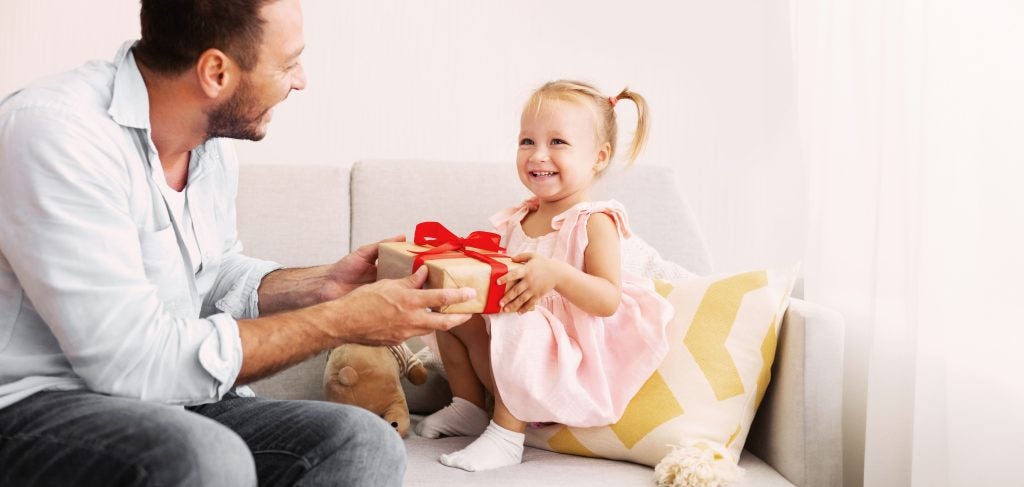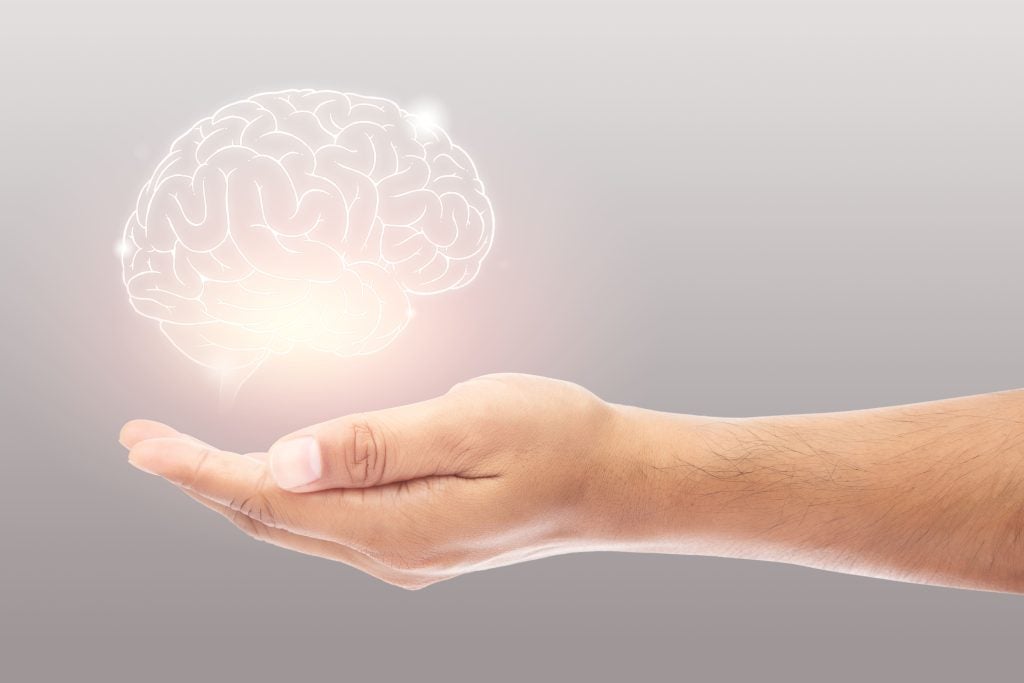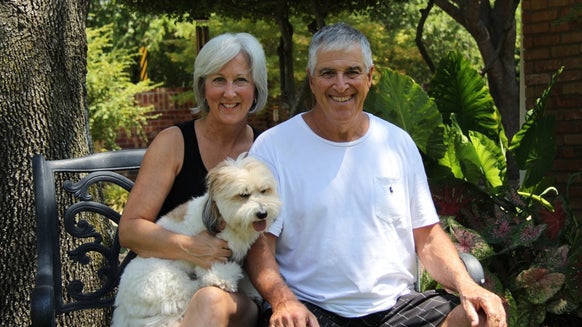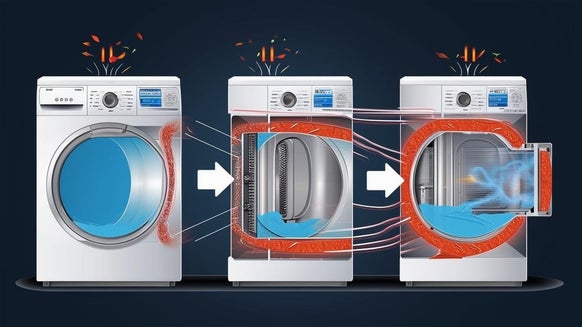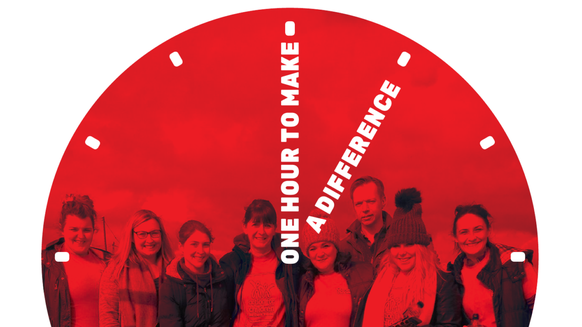The Science Behind Why We Love Giving (and Receiving) Gifts
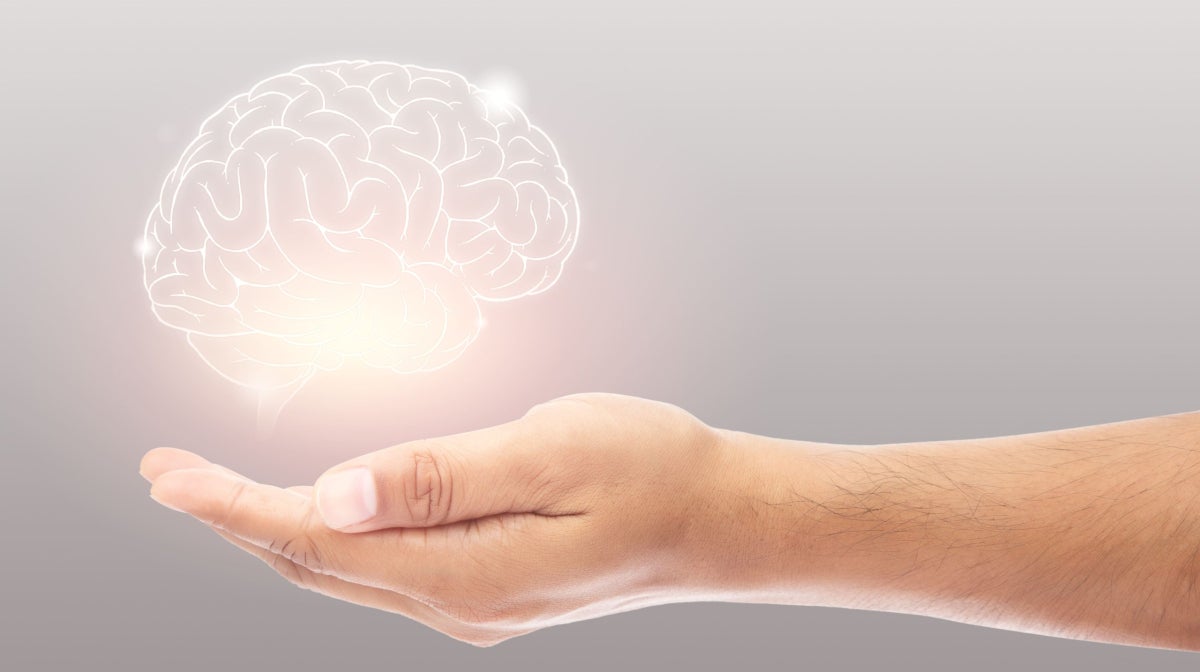
The holiday season is upon us, and with it, the hunt for the perfect gifts for family and friends. Gift-giving is a tradition that stretches back centuries, spanning different cultures, religions, and social norms. Whether it’s a thoughtful birthday gift or a small token during the holidays, the act of giving a gift holds significant meaning. But have you ever wondered why we love giving gifts so much? What exactly happens in our brains when we give a gift, and is the saying “it’s better to give than to receive” really true?
Gift-giving is more than just a holiday tradition or a social expectation—it’s a complex psychological and neurological process that affects both the giver and the receiver. By understanding the science behind gift-giving, we can learn why it brings us joy, how it strengthens relationships, and what factors influence the emotions behind the act.
The History and Purpose of Gift-Giving
Gift-giving throughout history Gift-giving is as old as human civilisation itself. In ancient times, gifts were often used as peace offerings between tribes, as tributes to rulers, or as sacrifices to the gods. Early societies saw gifting as a means to build and maintain social connections, whether between families, tribes, or nations. The practice wasn’t always rooted in generosity but often had strategic purposes, such as securing alliances or demonstrating power and wealth.
Fast forward to modern times, and while the context of gift-giving may have evolved, its fundamental purpose remains the same: it’s a way to build and strengthen social bonds. Today, we give gifts for a wide range of reasons, from celebrating holidays and milestones to showing appreciation or affection.
Why do we give gifts today? In today’s world, gift-giving remains an integral part of our social lives. It’s a way to express love, show gratitude, and demonstrate thoughtfulness. Whether it’s a spontaneous gesture or a carefully planned surprise, giving gifts helps us connect with the people we care about. But our motivations for gift-giving are more complex than pure altruism.
The Motivations Behind Giving Gifts
When we think about gift-giving, altruism—the idea of selflessness—often comes to mind first. We picture ourselves as generous individuals, driven by the desire to make others happy. And while this is certainly true to some extent, the reality is more nuanced.
Altruism and selflessness There’s no denying that a big part of gift-giving comes from a genuine desire to bring joy to others. When we give gifts to those we care about, we want to see their happiness. It’s one of the purest expressions of love and care. Whether it’s picking out the perfect gift for a partner or giving a small present to cheer up a friend, this selfless drive is a core aspect of gift-giving.
Social obligations and reciprocity However, there’s another layer to our motivations: social obligation. We often give gifts because we feel we should or because we expect something in return. Reciprocity plays a big role in gift-giving behaviours. Think about the slight panic you feel when someone unexpectedly gives you a gift, and you don’t have one to give in return. This sense of duty influences our actions, reminding us of the social expectations tied to gifting.
Self-interest Gift-giving also serves as a form of self-interest. This isn’t necessarily a negative thing. In some cases, we give gifts to enhance our own social status or to feel good about ourselves. The act of giving can make us feel competent, generous, and socially adept, especially when the gift is well-received. In certain cultures, offering impressive gifts can even elevate one’s standing within a community or social circle.
Emotional expression Finally, gifting can serve as a powerful form of emotional expression. When words fail, a thoughtfully chosen gift can speak volumes. Whether it’s saying “I love you” with a beautiful necklace or apologising with a bouquet of flowers, gifts allow us to express complex emotions through tangible objects.
The Brain Science of Gift-Giving
So, what’s really happening in our brains when we give a gift? It turns out that gift-giving activates key reward pathways, filling us with feelings of happiness and satisfaction. This experience is often referred to as the “warm glow” effect, a term used to describe the intrinsic joy we feel when we do something kind for someone else.
Activation of reward pathways When we give gifts, particularly to those we care about, the brain releases dopamine, a neurotransmitter associated with pleasure and reward. The anticipation of giving the gift, the excitement of watching someone unwrap it, and the joy of seeing their reaction all stimulate the brain’s reward centres.
The role of oxytocin But the reward doesn’t stop with dopamine. Gift-giving also triggers the release of oxytocin, sometimes called the “cuddle hormone.” Oxytocin is a neuropeptide that promotes feelings of trust, connection, and social bonding. It’s often released during intimate interactions like hugging or cuddling. When we give a thoughtful gift, it strengthens our connection to the recipient and deepens our social bonds. Oxytocin’s effects last longer than dopamine’s, making the pleasure of gift-giving more sustained.
The Giver’s High: Why Giving Feels Good
There’s a reason why the phrase “it’s better to give than to receive” has endured for so long—it has scientific backing! Research has shown that giving gifts, especially when we’re generous, leads to a surge of happiness and emotional well-being for the giver.
Happiness and reduced stress Multiple studies have demonstrated that people who spend money on others, whether through charitable donations or gifts, report higher levels of happiness. One study conducted at the University of Zurich found that participants who spent money on others showed greater activity in the brain regions associated with generosity and pleasure, leading to more positive social interactions.
Boosted self-esteem and social status The act of giving also boosts our self-esteem. When we give a well-received gift, it reinforces feelings of competence and generosity. This positive feedback loop strengthens our social status and self-worth, especially in cultures or social groups where gifting plays a central role in maintaining relationships.
Gift-giving anxiety Of course, giving gifts isn’t always a stress-free experience. The pressure to find the “perfect” gift can lead to gift-giving anxiety, particularly during holidays or significant milestones. The fear of disappointing the recipient or not spending enough money can sometimes overshadow the joy of the occasion, leading to feelings of stress instead of pleasure.
The Psychology of Receiving Gifts
While giving gifts has its own psychological effects, receiving gifts is just as complex. Our emotional responses to gifts can range from pure joy and gratitude to guilt and disappointment.
Expectations and emotions One of the key factors influencing how we react to gifts is our expectations. If the gift exceeds what we expected, we’re likely to feel a surge of joy and appreciation. Conversely, if the gift falls short of our hopes, we might feel disappointed, even if we don’t show it outwardly.
Self-worth and relationships Receiving a gift also impacts how we view ourselves and our relationships with the giver. A thoughtful gift can make us feel valued and understood, strengthening our bond with the person who gave it. On the other hand, a poorly chosen or impersonal gift might lead us to question how well the giver knows us.
Cultural nuances Cultural differences play a significant role in how gifts are received. In some cultures, it’s polite to open gifts immediately and show enthusiasm, while in others, it’s more respectful to set the gift aside and open it later in private. Understanding these cultural nuances is key to navigating gift exchanges in diverse settings.
Choosing the Perfect Gift: Empathy is Key
So, how do we go about selecting the perfect gift? Is there such a thing as the “perfect” gift? While perfection might be unattainable, there are ways to improve your gift-giving skills.
Understanding the recipient The key to great gift-giving lies in empathy. Understanding the recipient’s preferences, needs, and desires is crucial. It’s not about what you would want but what they would appreciate. Putting yourself in their shoes and considering their tastes makes all the difference.
Balancing practicality and sentimentality A practical gift might be useful, but a sentimental gift can create a lasting emotional connection. The best gifts often strike a balance between these two elements, offering both utility and emotional significance.
The power of surprise Adding an element of surprise can enhance the positive emotions associated with receiving a gift. However, it’s important not to go too far outside the recipient’s preferences, as an unwelcome surprise can lead to disappointment.

Gift-Giving in Different Contexts
Gift-giving takes on different meanings depending on the context.
Romantic relationships In romantic relationships, gifts are often symbols of love and commitment. There’s added pressure to find the “perfect” gift, as it can be seen as a reflection of your feelings for your partner.
Corporate settings In professional settings, gifts are used to build business relationships, show appreciation, or promote brand awareness. However, there’s a fine line between a thoughtful corporate gift and one that’s perceived as a bribe.
Family dynamics Family gift-giving can be fraught with complex emotions. While gifts can strengthen familial bonds, they can also serve as tools of control or manipulation. Long-standing traditions and family dynamics often influence the gifting process.
Cultural differences What’s appropriate in one culture might be offensive in another. For example, in some Asian cultures, giving a clock as a gift is considered bad luck because it symbolises death. Being aware of these cultural differences is essential when giving gifts in diverse social settings.
The Future of Gift-Giving
As we look to the future, gift-giving continues to evolve. With the rise of personalised gifts and experiences, the emphasis is shifting away from material possessions and toward more meaningful gestures.
Personalised gift suggestions Artificial intelligence and big data are now being used to offer personalised gift recommendations. These tools analyse a person’s online behaviour and preferences to suggest gifts that are tailored to their tastes.
The rise of handmade and personalised gifts There’s also a growing trend toward handmade and personalised gifts. In a world saturated with mass-produced goods, a one-of-a-kind gift feels special and thoughtful, adding a personal touch that resonates more deeply with the recipient.
Gift experiences over objects Increasingly, people are choosing to give experiences rather than objects. Whether it’s a weekend getaway, a cooking class, or concert tickets, experience-based gifts create lasting memories, often holding more value than physical items.
Practical Tips for Meaningful Gift Exchanges
If you want to give gifts that truly resonate, here are some practical tips to consider:
Focus on the recipient: Always put the recipient’s preferences and needs first when choosing a gift. Experiences vs. objects: Consider giving experiences that create lasting memories rather than physical items. The importance of a heartfelt note: A personal message can elevate even the simplest gift, making it more meaningful. Mind cultural differences: Be aware of cultural taboos or preferences when giving gifts in international settings. Remember, it’s the thought that counts: Don’t stress too much about getting the perfect gift. Sometimes, the smallest gestures carry the most meaning.
Conclusion
Gift-giving is a universal tradition that brings people closer together, fostering trust and connection. Whether you’re giving or receiving, the act of exchanging gifts lights up the brain’s reward centres, creating a powerful bond between individuals. By understanding the science and psychology behind gift-giving, we can enhance our experience of both giving and receiving, making our relationships stronger and our lives more joyful.


